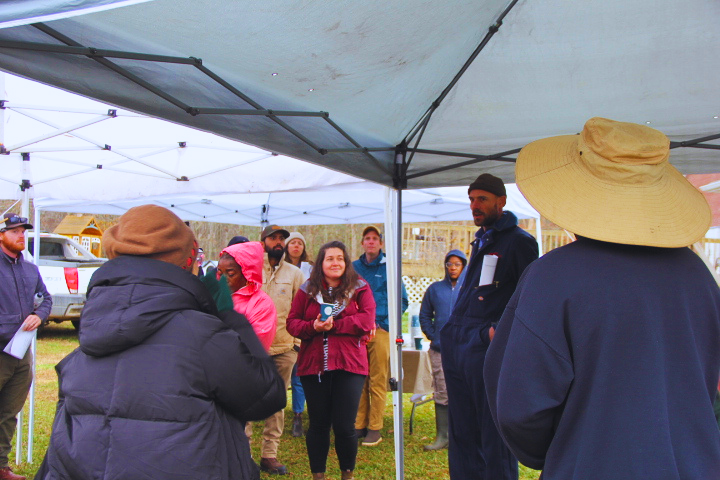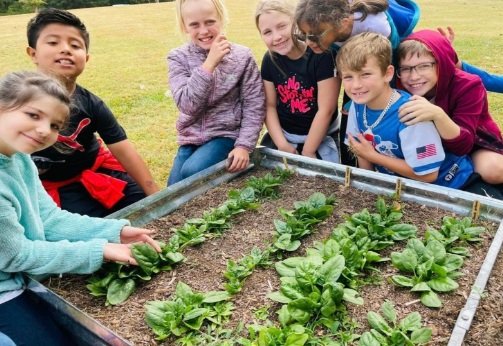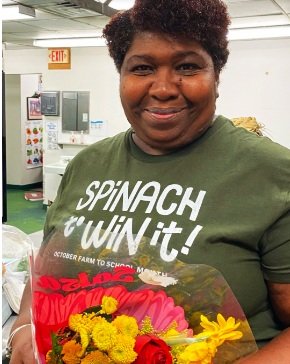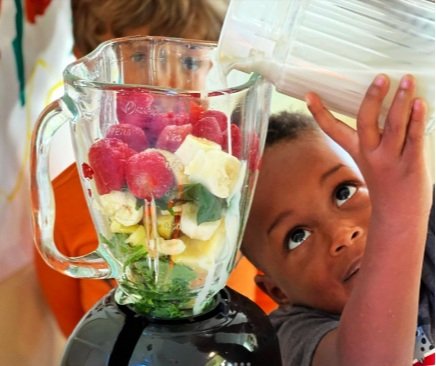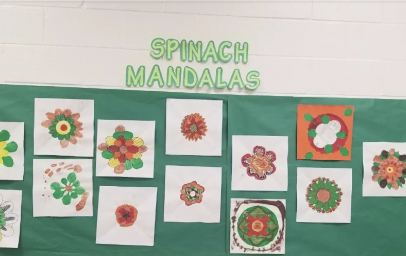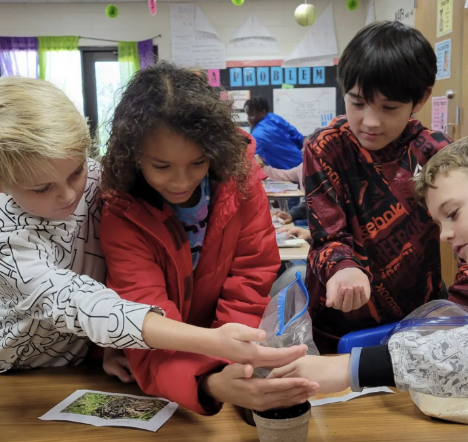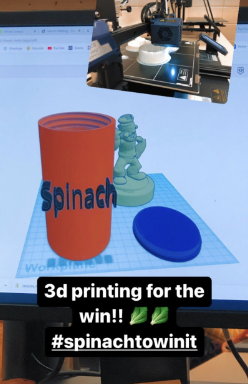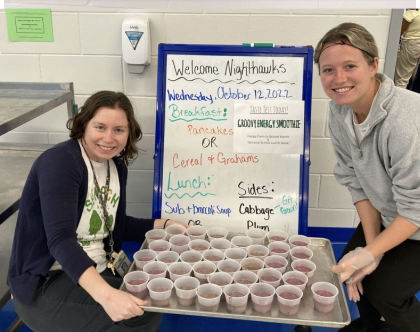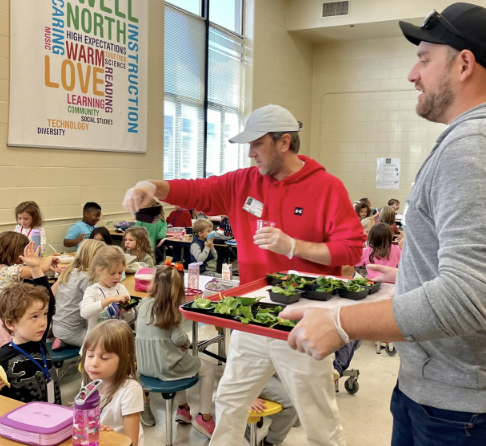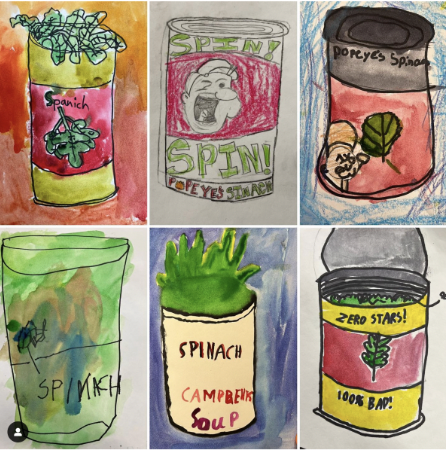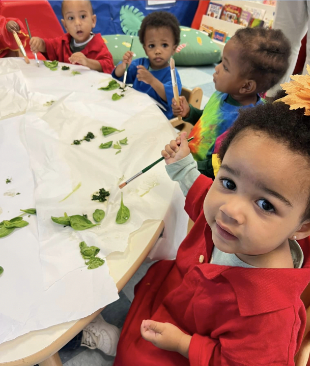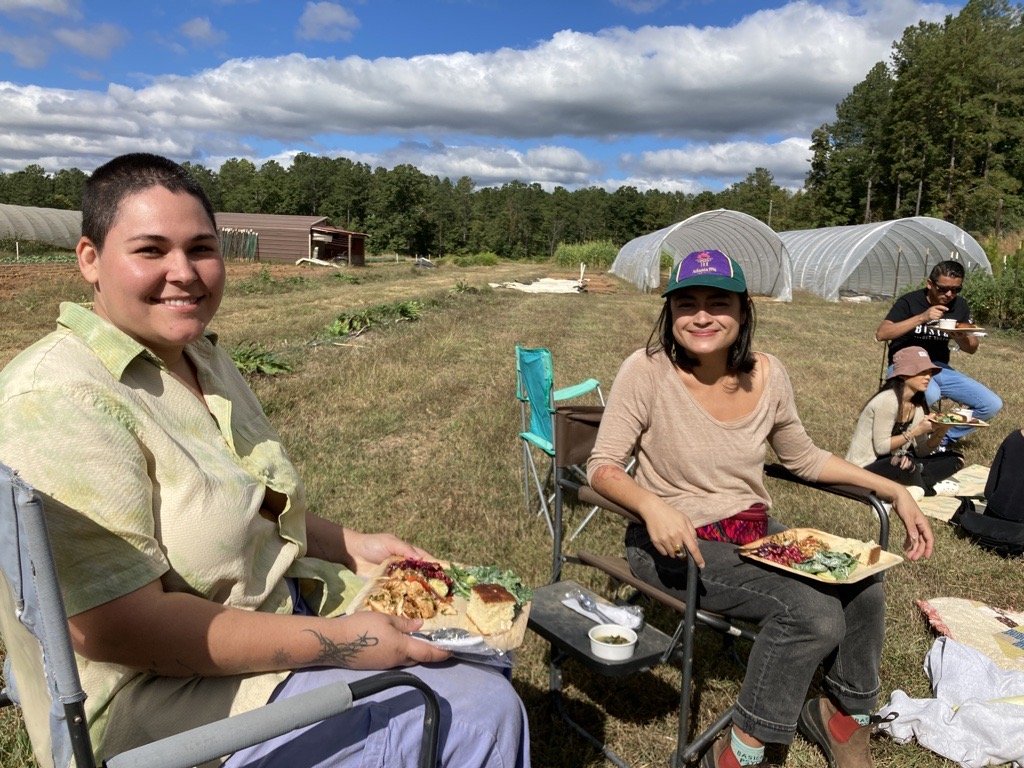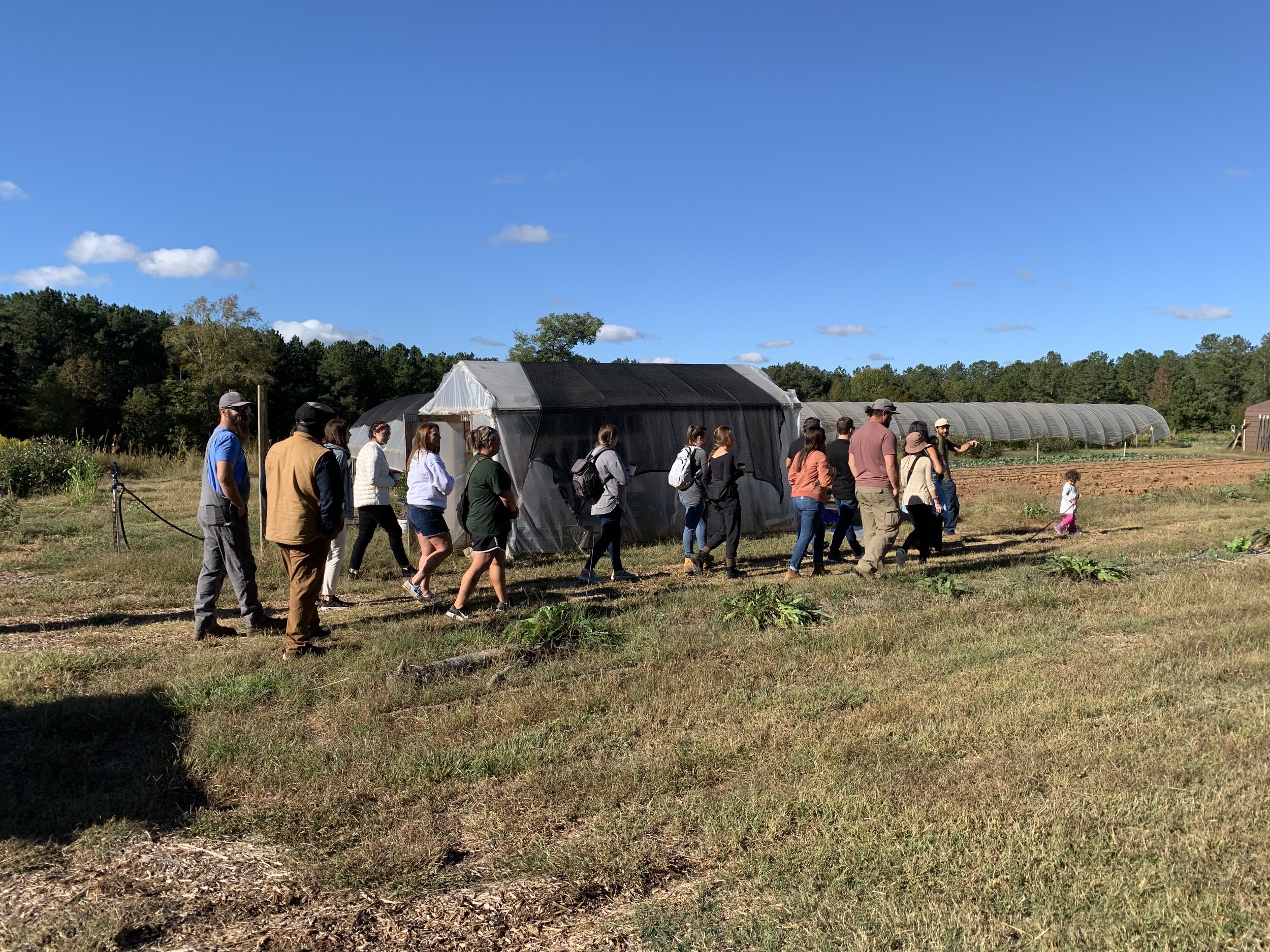By Lydia Hsu
Lydia Hsu is a Farmer Services Coordinator at Georgia Organics.
The Farmer Services team here at Georgia Organics is excited to formally introduce the farmers in the 2022-2024 Accelerator cohort!
The Georgia Organics Accelerator Program combines expert coaching with tailored on-farm investments to grow the vitality and resiliency of Georgia farms and improve the quality of life for farmers.
The seven farms selected for the 2022-2024 cohort are all doing incredible work to grow their farm products and businesses, sustainably and organically. Each farm was chosen based on their proposed utilization of the program, which includes identifying three focus goals and one in-hand resource that the farms work towards achieving and completing by the end of the program.
The Farmer Services team is working closely with each farm to develop their goals and in-hand resource, and to support them over the next two years as they execute their Accelerator plan. We have a robust directory of coaches that will be working hand-in-hand with the farmers to provide technical assistance, guidance, and training on a vast array of topics that help them with long-term farm business planning. In-hand resources can look like a Soil Fertility plan, a Food Safety plan, a Labor plan, a Transition plan, and more!
The coaches will also advise farmers on how to maximize their Accelerator funding for their strategic capital investments. This funding can be applied towards farm expenses — including on-farm infrastructure, labor, healthcare, and marketing.
Accelerator Coaches, Case Managers, and Farmers mingle at December 2022 Networking Session. Photo by M.F. Espinoza (@healianthusfarms).
In addition to the individual support farmers receive from coaches and case managers, a key part of the Accelerator program is the cohort community itself, and the peer-to-peer connections the program provides space for. The farmers have the opportunity to participate in networking sessions with their fellow cohort members, as well as Accelerator alumni farmers. These networking opportunities, hosted by Georgia Organics both online and in-person throughout the year, allow the cohort to learn from each other, discuss the Accelerator program together, and connect with other Georgia farmers while visiting each other's farms. Our hope is that these networking sessions become an invaluable way to grow community and friendships with other farmers.
The seven farms in the 2022-2024 cohort are located across the state of Georgia and range from diversified vegetable operations to fiber and livestock farms. Without further ado, here are the 2022-2024 Accelerator farmers!
Andrew Douglas and family of Crossroad Farm and Garden. Photo credit: Southern Soil.
Crossroad Farm and Garden (Facebook, Instagram)
Andrew Douglas | Alma, GA
Crossroad Farm and Garden is a Certified Naturally Grown farm owned and operated by Andrew Douglas. The farm uses sustainable practices to cultivate the soil and grow vegetables, herbs, and fruits. As a member of WayGreen, a local food coalition in southeast Georgia, the farm provides food for the community through the Family Farm Share program in Waycross.
Brendan Gannon of Gannon Organics. Photo credit: Gannon Organics.
Gannon Organics (Facebook, Instagram)
Brendan Gannon | Savannah, GA
Gannon Organics was founded by Brendan Gannon in December 2019. The operation is a 4-acre sustainable and diversified vegetable farm serving Savannah, GA. Brendan has been farming organically for over a decade, uses 100% organic methods to grow his produce, and uses cover cropping and field rotation as means for a regenerative growing environment.
Keisha and Warren Cameron of High Hog Farm. Photo credit: High Hog Farm.
High Hog Farm (Facebook, Instagram)
Keisha and Warren Cameron | Grayson, GA
High Hog Farm is run by returning generation farmers Keisha and Warren Cameron. They officially started cultivating the land in 2014, regenerating the soil, and quickly becoming students of permaculture, agroecology, and indigenous practices. They produce locally grown fibers and plant-based dyes from heritage breed sheep, rabbits, and heirloom seeds.
Brennan and Gwendolyn Washington of Phoenix Gardens. Photo credit Kayla Williams.
Phoenix Gardens (Facebook)
Gwendolyn and Brennan Washington | Lawrenceville, GA
Phoenix Gardens was started in 2006 and is owned and operated by Gwendolyn and Brennan Washington. The farm is Certified Naturally Grown and uses sustainable methods to grow vegetables, herbs, and fruits. The farm has been a mainstay in Gwinnett County for over fifteen years, hosting farm tours and educational events for the community.
Stephanie Simmons of PolyCulture Production at Gaia Gardens. Photo credit: Food Well Alliance.
PolyCulture Production at Gaia Gardens (Instagram)
Stephanie Simmons | Decatur, GA
Stephanie Simmons started PolyCulture Production at Gaia Gardens in 2022. With 2.5 acres in production, Stephanie grows a variety of vegetables and fruits organically. The farm focuses on soil health as the foundation for plant, community, and cultural health and on mimicking the biodiversity of nature by producing multiple crops in the same space.
Ashley Rodgers of Rodgers Greens and Roots Organic Farm. Photo credit: Rodgers Greens and Roots Organic Farm.
Rodgers Greens and Roots Organic Farm (Facebook, Instagram)
Ashley Rodgers | Douglasville, GA
Rodgers Greens and Roots Organic Farm is a Certified Organic farm owned and operated by Ashley Rodgers on 64 acres of historic farmland along the Chattahoochee River. Currently, 15 acres are under cultivation; 10 acres in vegetables, and 5 acres in perennial fruit orchards. The farm’s growing style is medium-scale and sustainable practices are the backbone of the farm.
Rahul Anand of Snapfinger Farm. Photo credit: Snapfinger Farm.
Snapfinger Farm (Facebook, Instagram)
Rahul Anand | Covington, GA
Rahul Anand started Snapfinger Farm in 2016, when he took horse pastures and turned them into vegetable fields, built a walk-in cooler, wash station, hoop houses, and more. The farm is Certified Naturally Grown and uses sustainable growing methods. The farm expanded onto a new property in 2022 and will be scaling up from 2.5 acres to 30 acres of production.
JOIN US IN WELCOMING THE NEW COHORT OF ACCELERATOR FARMS!
GIVE THEM A FOLLOW AND SHARE THE LOVE AS WE LAUNCH A GREAT YEAR.
MAP OF CURRENT & ALUMNI ACCELERATOR FARMS
To learn more about Georgia Organics, visit georgiaorganics.org and follow us on Facebook, Instagram, Twitter, and LinkedIn by searching the handle @GeorgiaOrganics or Georgia Organics.
Our full suite of programs and services is accessible to our Farmer Members at no additional cost and can be discovered by visiting farmerservices.georgiaorganics.org. Not a member yet? Visit georgiaorganics.org/membership to become a member today!


















